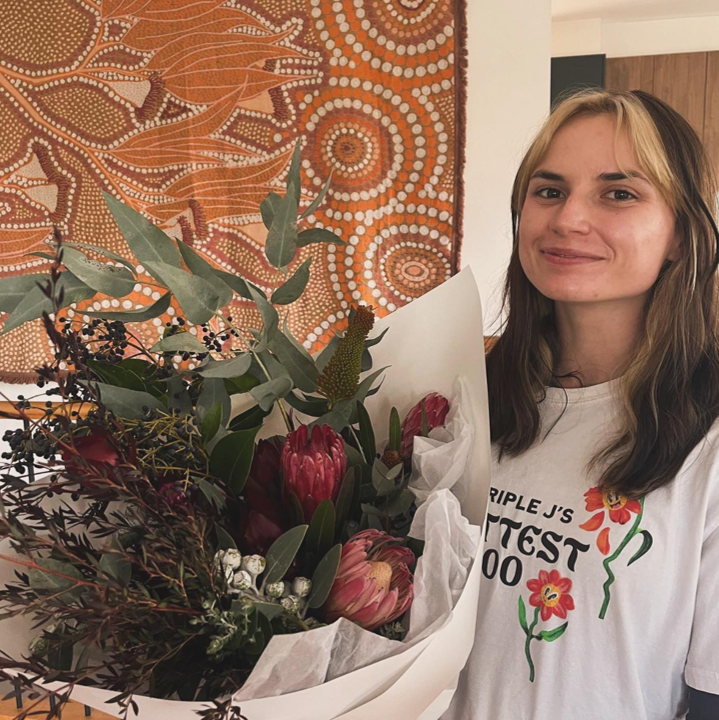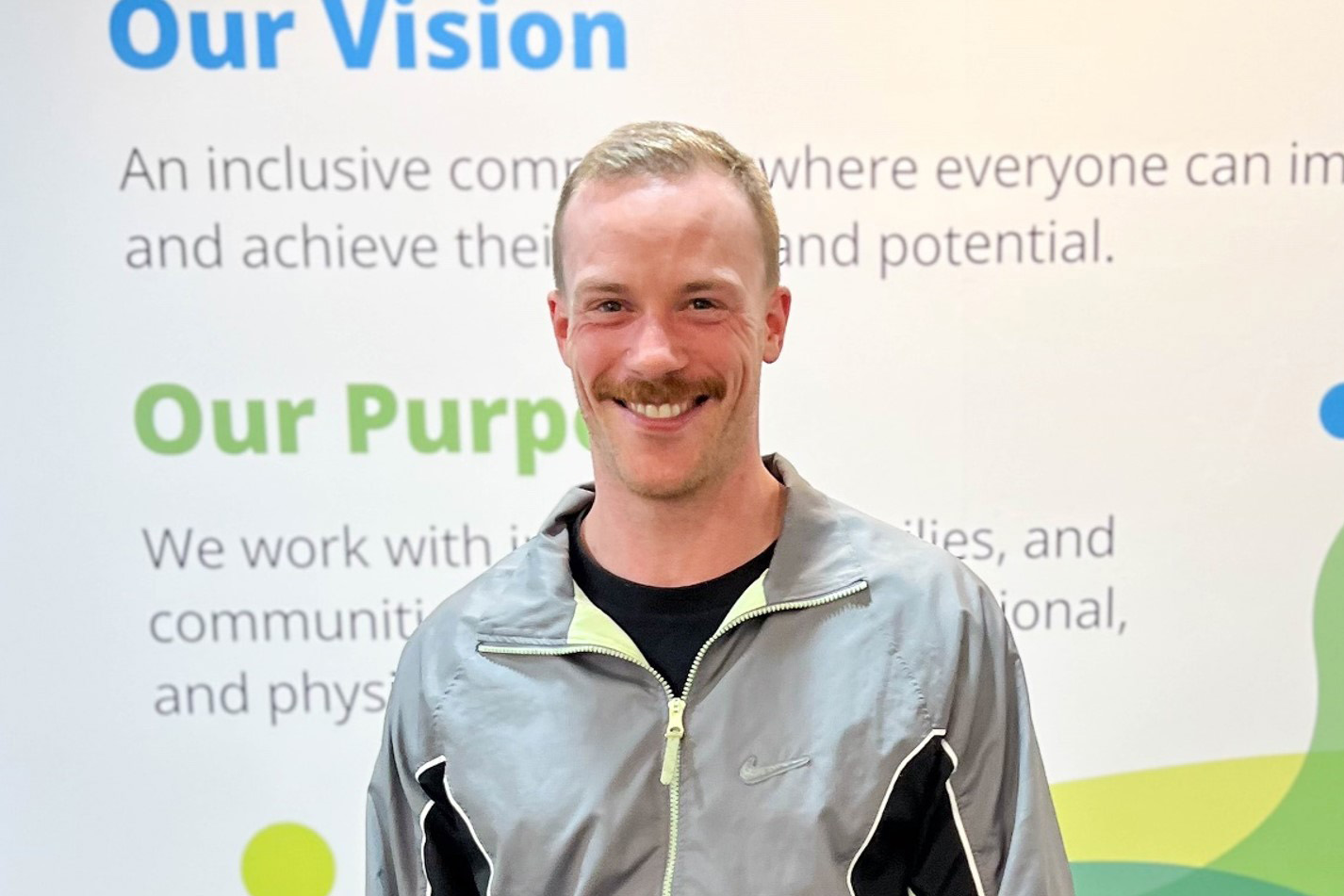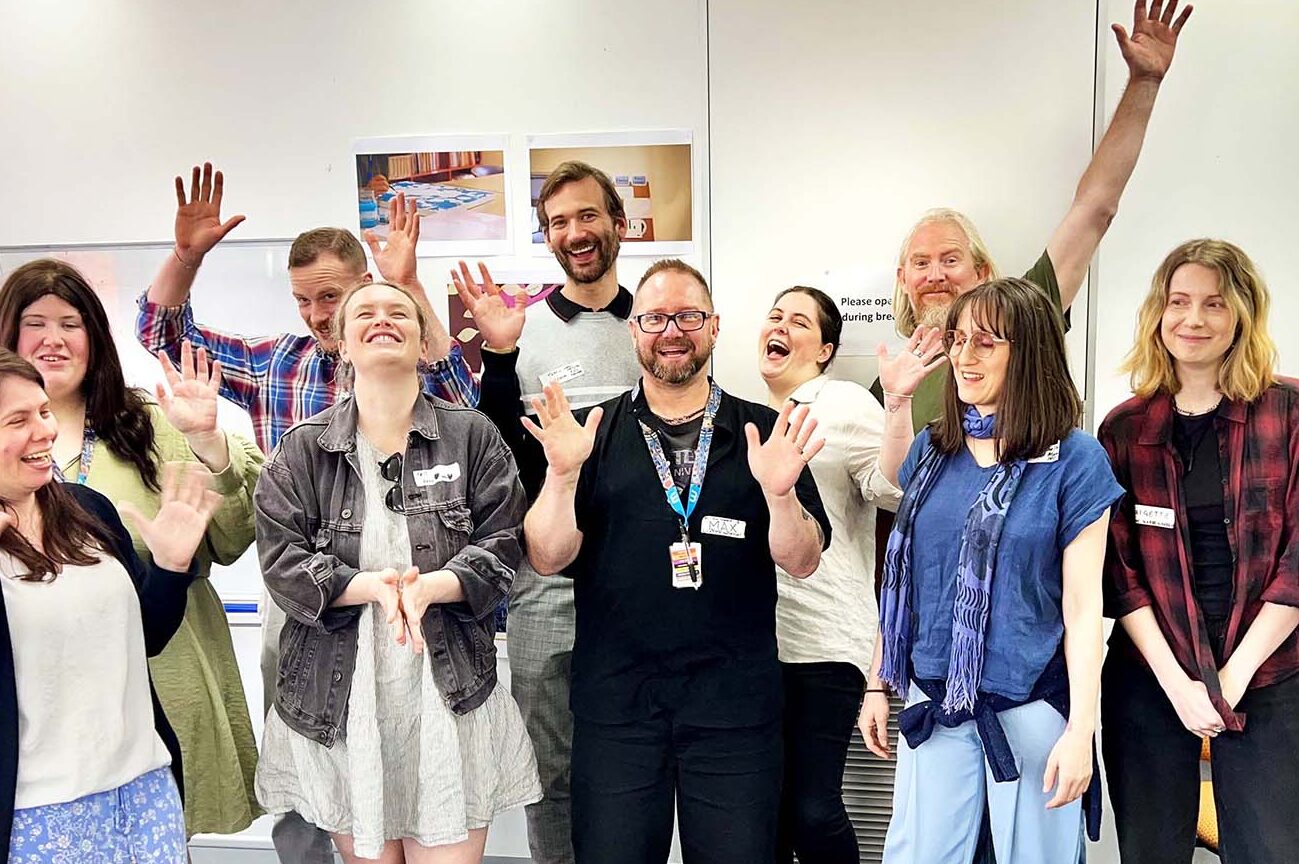The Lived Experience Peer Cadet Program
The Lived Experience Peer Cadet Program provides individuals with lived or living experience the chance to gain valuable part-time employment with a community mental health organisation while completing their Certificate IV in Mental Health Peer Work. This initiative aligns with the recommendations from the Royal Commission into Victoria’s Mental Health System, aiming to increase entry pathways into the lived and living experience workforce in Victoria.
The program offers cadets a unique opportunity to immerse themselves in the field: they commit to two days of paid work placement and one day of paid study leave each week over a 10-month cadetship period. This structure allows cadets to build their knowledge, skills, and confidence in peer work within a supportive and structured environment.

Avalon McWha, Mental Health Peer Cadet, Victoria
Avalon, a current Peer Cadet, previously worked as a user experience designer for the men’s health charity, Movember. But she decided to swap their computer screen for face-to-face connections and pursue the Certificate IV in Mental Health Peer Work.
A Peer Cadet’s Journey: Avalon’s Story
Having been supported by peer workers during their own journey, Avalon always found those relationships to be mutually beneficial and deeply respectful. These connections empowered Avalon to take charge of their own mental health. Eventually, she felt inspired to transition to the other side of the support dynamic – to create that same space for others as a peer worker.
What do Peer Cadets do?
While peer cadets don’t typically conduct one-on-one client sessions, they adopt a secondary or observational role alongside support workers. During Avalon’s cadetship, she has had the opportunity to work with both clinical staff and support workers as part of the Linwood PARC (Prevention and Recovery Care) program, supporting participants in their recovery. Avalon’s involvement includes participating in groups focused on living skills, emotional wellbeing, and even art therapy.
Avalon also has the chance to connect with participants, building authentic and meaningful relationships. Reflecting on their experience, she shares: “Having an onsite peer buddy, I’ve had the opportunity to observe the magic of peer work in real time.”
She adds: “I feel safe sharing aspects of my lived experience with both staff and participants, where appropriate, and am developing a deeper understanding of how my lived experience can benefit others in ways beyond a common diagnosis.”
The support team at PARC takes a person-centred approach to engagement, empowering participants to recognise their own strengths and reclaim ownership of their stories. As Avalon notes, “I have observed how this approach supports people to recognise their own innate strengths and skills and take ownership of their story.”
How Wellways supports Peer Workers
The program doesn’t just involve working alongside support teams; it also includes dedicated support from a Peer Cadet Coordinator who guides cadets as they grow and learn.
Avalon has felt incredibly supported: “I’ve been made to feel so welcome. There are no silly questions, and it’s clear that I have something valuable to offer.”
PARC creates a safe and inclusive environment that fosters shared learning between participants and staff on a deeply personal level. Avalon sums it up beautifully: “We all have a lived experience of being human that is valued and respected at PARC.”
Explore Wellways Traineeships
If you’re considering a career in mental health, explore a Certificate IV in Mental Health or Certificate IV in Mental Health Peer Work and apply for a traineeship with Wellways.

The Earn and Learn Traineeship Program

